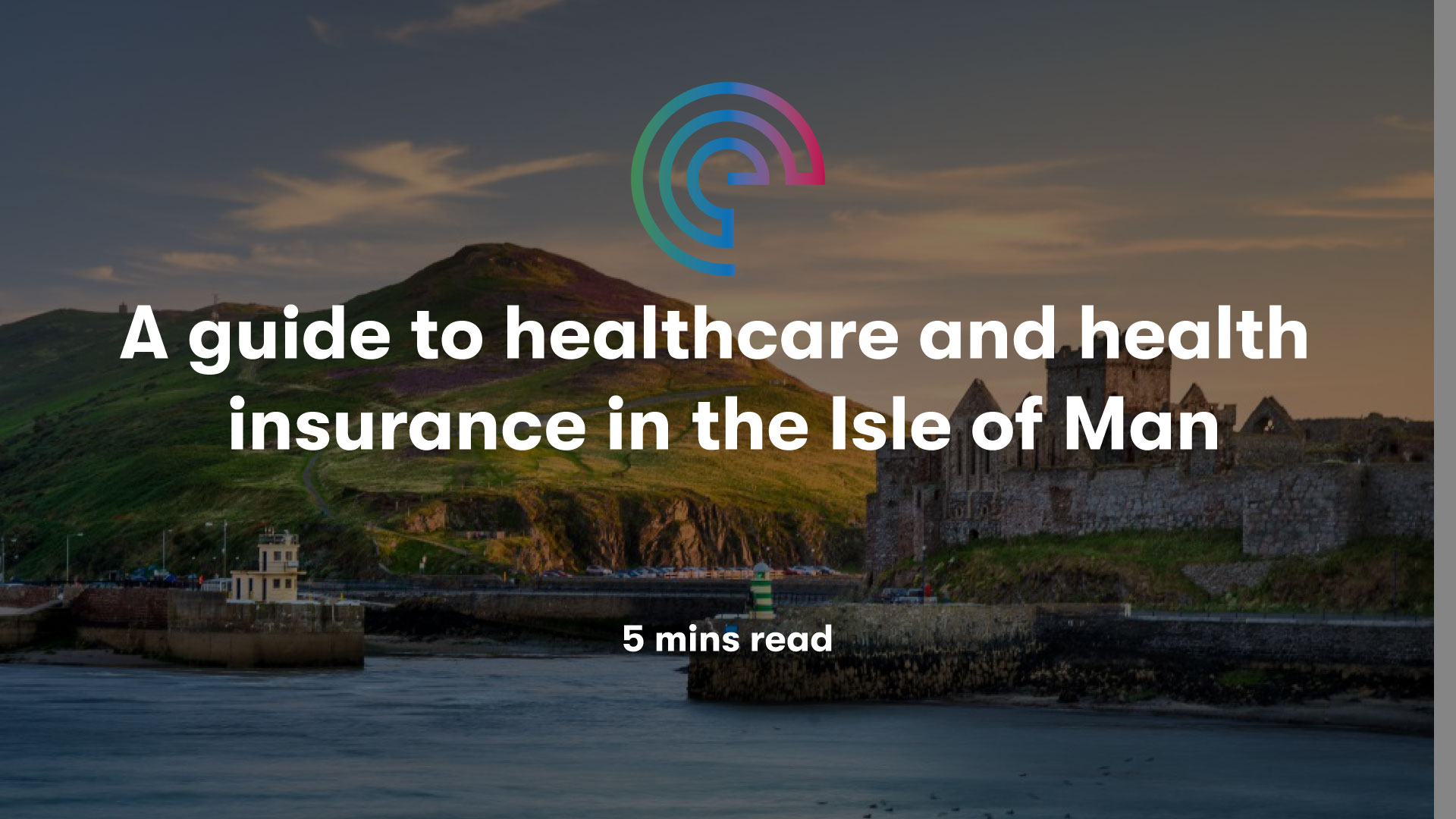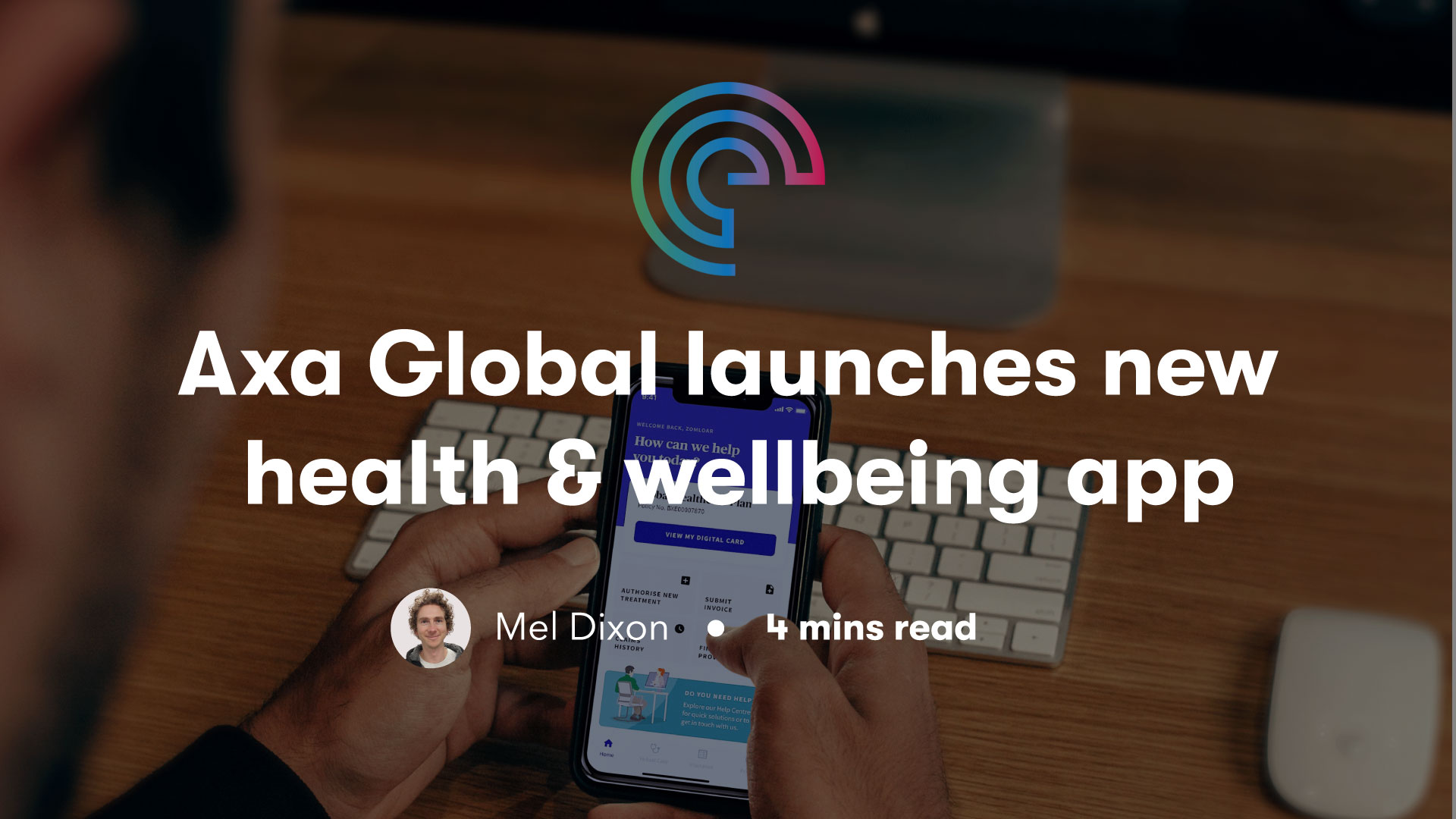There are many factors that influence the cost of a health insurance policy. But one factor that’s often overlooked is the ‘excess’ – and it can make a big difference to premiums.
So how does health insurance excess work? And is it best to raise or lower it for you or your business? We’ll answer these questions and more in this blog post.
Looking to set up a health insurance policy for your organisation? Contact our team for FREE quotes & one-to-one guidance. Call +44 (0)1273 974419 or fill in the form on the right.
What is health insurance excess?
Quite simply, health insurance excess is the amount you will pay out of your own pocket towards a treatment (or consultation) before the actual insurance payout kicks in. When first applying for a health insurance policy, the insurer must establish whether you’re going to add excess – and if so, how much. This excess amount can be set up as zero (where the insurer will meet 100% of medical costs) or up to £5,000, depending on your own requirements.
But remember – the higher the excess, the lower the premium. This can make for a tricky cost-benefit analysis!
How does paying for excess work?
To get a health insurance quote, you will need to choose an excess amount as this will impact the overall cost of your cover.
The most common way of paying excess is to pay it upon each claim. For example, if you require treatment which costs £2000 and you’ve agreed on an excess amount of £200, then you will need to pay that £200 and the insurer will cover the £1800 that’s leftover. In this case, every time you make a claim, the same excess is due. As you can imagine, the costs can mount up.
Alternatively, an insurer may require you to pay an excess once per policy year – this means your excess payment goes towards your first treatment and you won’t have to pay any more excess regardless of how many claims you make.
If you are likely to make multiple claims per policy year, then the latter option will likely be best. Therefore, before choosing a payment option it’s worth considering how often you are likely to claim.
How do you choose the right health insurance excess amount?
When first assessing health insurance excess, most people are aiming to keep their premiums low – one way to do this is by choosing a high voluntary excess. However, this is not a one-size-fits-all situation – some people will prefer to make a greater initial investment safe in the knowledge they won’t need to make any unplanned payments later on down the line. A sudden extra cost at short notice may come as a nasty surprise!
Keep in mind, that at policy renewal you have the chance to change your mind. If you need advice about excess levels or any other aspects of your Business Health Insurance scheme, then it’s worth speaking to the team at Engage Health Group as we’re an independent broker who can provide genuinely impartial advice – for free.
Why is health insurance excess so important?
Establishing the right level of excess can significantly impact your premiums. Although you are paying towards healthcare costs, it’s often the best way to save money on premiums without compromising the level of cover. For example, adding an excess of £200 can reduce premiums by as much as 10%.
So, the higher your excess, the lower the premium but the more you will contribute towards healthcare costs. Alternatively, if health insurance excess is set at zero, you won’t be needing to pay anything for individual claims, as the insurer will meet the medical costs. However, this will leave your premiums more expensive.
If an insurer isn’t providing much in the way of choice, it will be worth considering changing providers. As a broker, we understand how working across the market is the only way of guaranteeing the best deals on health insurance. If you’re a business looking to set up or review a policy, leave a note in the contact form on the right and we’ll be happy to advise.
Enlisting the help of a broker
Should I lower the excess and raise the premium so I won’t get any unplanned bills further down the line? Or should I lower the upfront costs by raising the excess? Should it be a lump sum excess or per-claim excess?
Everyone’s circumstances are different – depending on the health profile of the people covered by the scheme, the likelihood of claims and, of course, the available budget.
The best plan of action is to first speak to an AMII-affiliated health insurance broker. Brokers can advise on striking the perfect balance based on budget and strategic business needs.
At Engage Health Group, we work to your specific budget and help businesses establish the perfect blend of health insurance and employee benefits. We provide expert advice on the best options and source FREE quotes tailored to your circumstances.
Contact us at Engage Health Group Ltd or call +44 (0)1273 974419 for FREE no-obligation advice and support.









